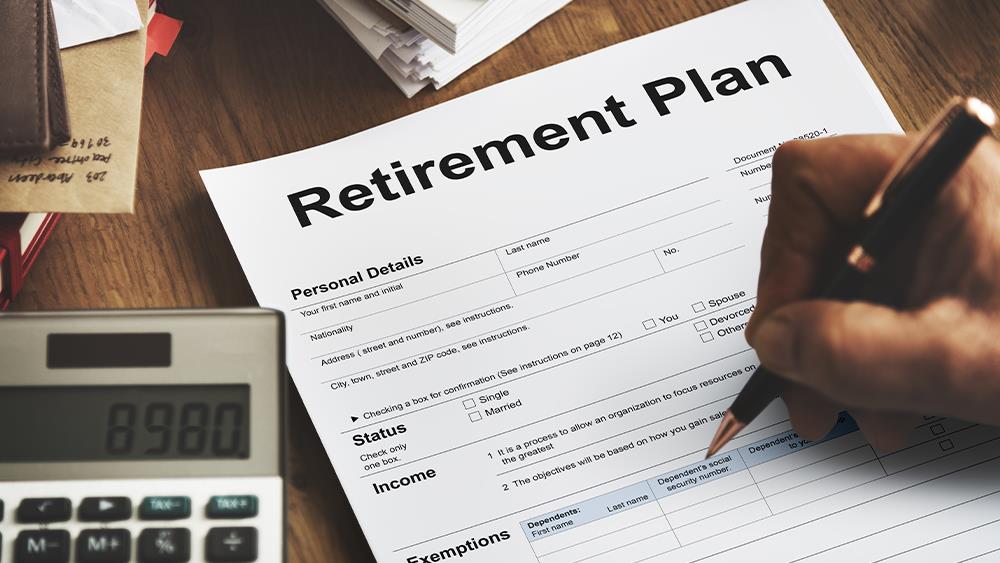

Fabian Taylor, Senior Associate and Chartered Financial Planner in Nelsons’ wealth management team, and George Stainton, Senior Wealth Manager at Hoxton Capital Management, provide helpful tips for tradespeople on how to prepare for retirement.
Preparing for retirement can be challenging, and it can be difficult to know where to start. In fact, recent research by IronmongeryDirect found that one in eight (13%) tradespeople approaching retirement age (55-64s) don’t have any financial preparations for retirement.
So, what do you need to know about saving for retirement?
1. It’s never too late to start
While it is recommended to begin planning for retirement as soon as possible, it is, thankfully, never too late to make a start.
Taylor said: “Contributions to a pension attract tax relief from the Government. So, for every £80 you contribute, tax relief of £20 is added, making the total contribution £100.
“As a general rule of thumb, you should try to save half the age at which you started as a percentage of your salary. For example, if you start saving at age 20, then you should contribute ten percent, but if you start at age 30, you should aim to save 15%.”
2. Saving early makes things easier
While it is true that you can start saving at any point during your career, it is sensible to begin putting aside money for retirement as early as possible.
Many young people have the advantage of being able to use workplace pension schemes, but for those who opt out, are not eligible, or are planning on saving additional funds, starting early has major benefits.
Stainton said: “If younger people are not contributing to a pension scheme, then they should make sure they have some sort of structured savings in place. Getting into the habit of saving for retirement earlier in your career will make life much more comfortable as you get closer to retirement. Let us look at a simple calculation to prove this.
“If someone needs to have a retirement pot of £500,000 at the age of 55, they will need to save £441 per month if they start at the age of 25 and see a 7% return on their investment each year. If they start saving at 35, this figure increases to £1,016 per month and dramatically increases to £2,783 per month if they start at 45 years old.”
3. Take advantage of workplace schemes
Tradespeople who work on an employed basis should look to enrol in their workplace pension scheme, if they have not already.
This means that they will be saving throughout their career, with additional top-ups from their employer, and while tradies should still aim to set up a private pension, a workplace scheme provides a safety net in the meantime.
Taylor said: “If you are 22-years-old or older, earning over £10,000 and employed by a company, you will be automatically enrolled into your company’s workplace scheme. Through this, a minimum of 8% of your earnings, split between yourself and your employer, between £6,240 and £50,000, will be invested into your pension. If it is affordable, you should consider increasing contributions. If you opt out of this workplace pension, you are missing out on money from your employer.”
Stainton added: “Thankfully, with the help of auto-enrolment, younger people are better equipped than ever to start saving for their retirement early. As the majority of the young working population will be contributing to some kind of workplace pension, they are able to benefit from the effect of long-term saving and compounded growth.”
4. Remember to plan ahead and save if you are self-employed
Those working on a self-employed basis, unfortunately, do not have access to wokrplace auto-enrolment pension scheme, it is therefore important that you make your own preparations and plan ahead for your retirement.
Taylor said: “Draw up a budget to see what you can afford to contribute each month, and do some research into the best place for you to put it that allows for investment growth and tax relief. Even if it is a small amount, every little helps.”
“Assuming a growth rate of five percent, if you were to contribute £50 per month to a pension at age 25, the pension could be worth £76,301 by age 65. However, if you don’t start saving until age 35, the pension could be worth £41,612 by age 65. The longer you wait to save in a pension, the more you may have to pay in later in life to save enough to meet your needs in retirement.”
Regardless of your age, it is always best to prepare for retirement in advance. By ensuring that you are making the most of workplace pensions where available, as well as saving privately, you can place yourself in the best position to enjoy retirement in comfort.
If you'd like to keep up-to-date with the latest developments in the heating and plumbing industry, why not subscribe to our weekly newsletters? Just click the button below and you can ensure all the latest industry news and new product information lands in your inbox every week.